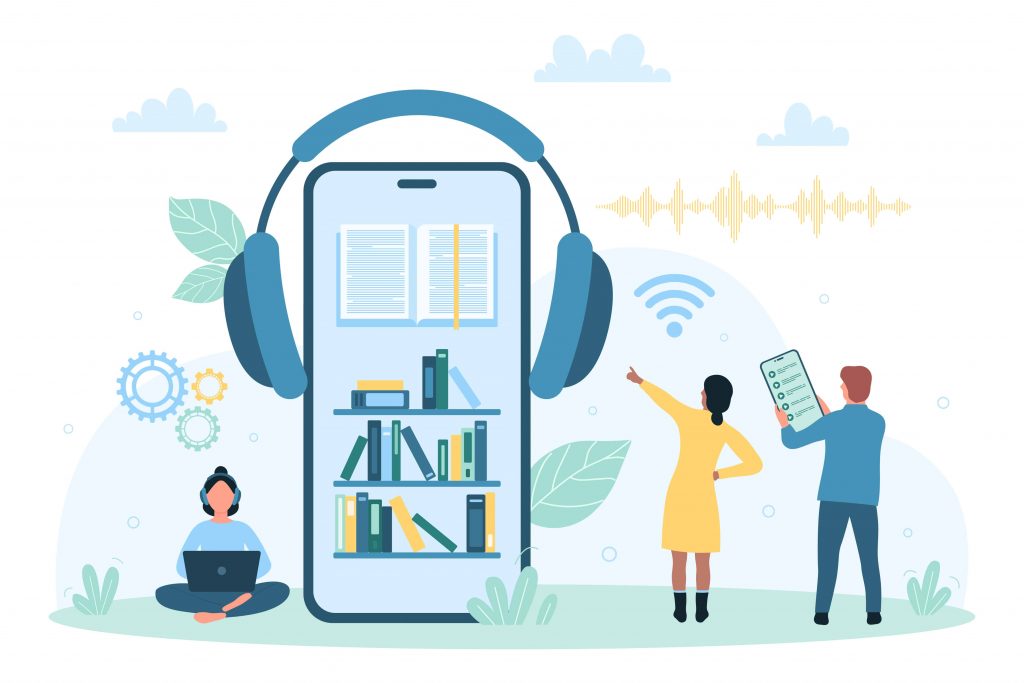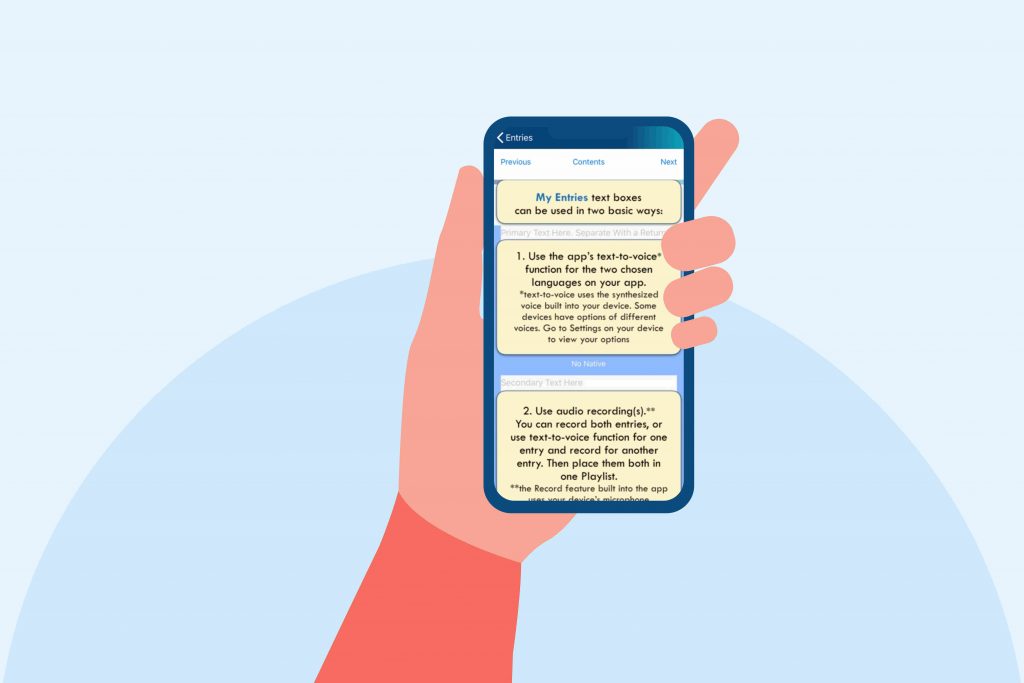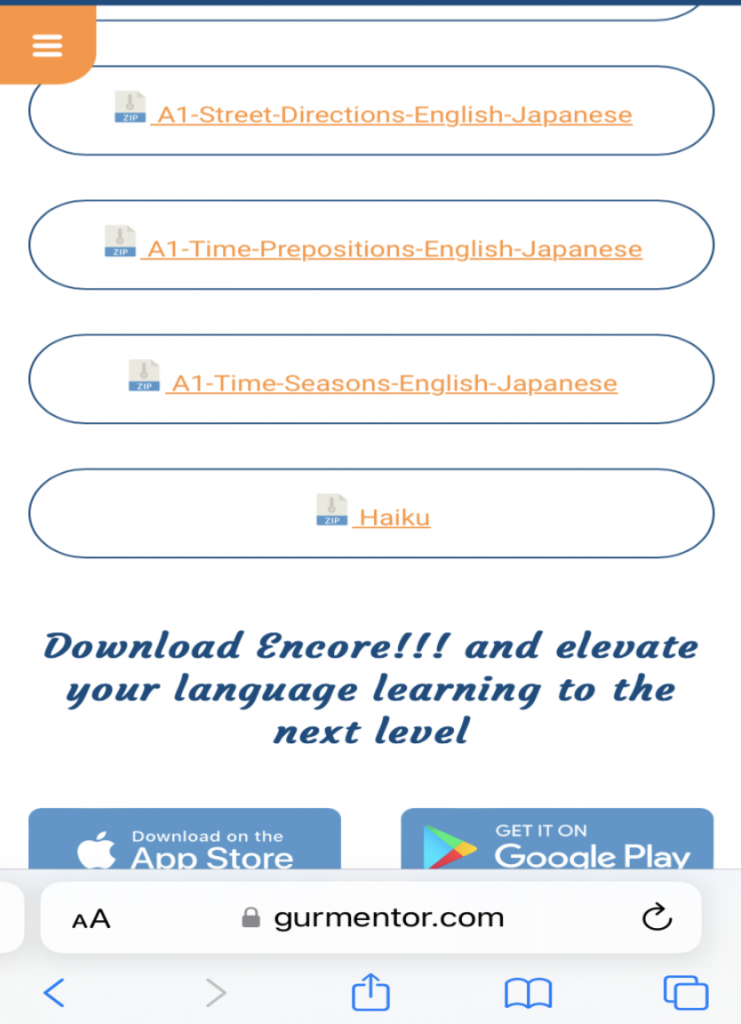Benefits of Learning Poetry: Enjoy the Beauty of Haiku
Thanks to advances in healthcare technology and better understanding of the importance of healthy habits, around the world human lifespans are increasing. To fully enjoy our long lifespan there are a number of practices that we can practice. For example, to remain physically active and we understand the importance of exercise, healthy eating and rest. To avoid the downsides of loneliness we are advised to participate in society and engage with friends and family. Also equally important (if not more important) to maintain a robust and healthy brain we need to exercise our brain by taking on tasks that challenge our memory and logic.

Just as people are realizing that even beyond our 50’s or 60’s we can build muscle and enhance our physical wellness, it is also becoming clear that our brain can continue to learn and even master intellectually challenging tasks. The saying “you cannot teach old dogs new tricks!” certainly does not apply to humans.
There are many ways to challenge our brains and its memory abilities – we can do math problems (e.g. “play” Soduku, solve algebra problems, etc.). However, challenges that can grow as we master them and are fun and “useful” are learning a new language, learning poetry (or songs or theatrical dialogues) in a language we already know, learning poetry (or songs or theatrical dialogues) in a new language, etc. Both learning a new language and learning any type of poetry offers unique challenges to our brain as it requires us to train our brain to master not only new vocabulary, grammar rules, etc. but also teach our tongue to articulate in new ways.
Let us take a look at how a poem or song can offer new challenges to our brain even if we know the language in which the text is written.
- The word order in a poem is very different from that we are used to while writing and speaking and we have to learn this new word order
- Normal grammar rules that we have learnt for regular language are broken and we have to train our brain to learn this new style of expression
- The emphasis on rhythm of the words teaches our brain how words we have known can create a new sense of beauty
- We have the saying “An image is worth a thousand words” but a poem can create a vision in our mind that can go in so many different directions. We can recite the poem and then close our eyes and imagine a vivid picture that can change with each recitation.
- A poem can give us a deeper insight into a culture. For example, a haiku (a Japanese style short poem) can give us the value placed by the Japanese culture on nature and its delicate and transient beauty.
- With the availability of YouTube, TikTok and other forms of audio visual expression one can learn new ways of reciting the same poem and learn to “melodiously” recite a poem thus challenging your vocal cords and breath control.
Encore!!! Language Learning app is an ideal helper to memorize challenging pieces – whether they involve a new language or poetry or dialogues of a play. The “listen-speak-repeat” approach along with the ability to make playlists provides a patient companion who can help understand and memorize seemingly difficult pieces of literature.

“Haiku” – a Japanese style of poetry provides an excellent opportunity to learn and enjoy great poetry. Haiku poems are very short, usually a dozen or so words and are made in the “5-7-5” syllables form. Using online resources it is fairly easy to find some great examples of both modern and classic Haiku poems. Also using a translator and some careful effort one can find a good translation as well as transliteration (for those who may not be able to read Japanese).
Below for example there are 10 classic Japanese Haiku poems. Each item in the following list starts with a) the name of the author along with an English translation, followed by b) the Haiku in the Japanese script followed by c) a transliteration with a word for word English meaning. These three entities can be added into Encore!!! App MyEntries (see the User-Manual or the information in the app).
The enunciation in the Japanese language can be included either by finding an audio on YouTube or another source and recording it or recording it in your own voice OR without recording an audio using the the Japanese text to voice function in the Encore!!! App. It must be noted that the text to voice source will not do justice to the beauty of the Haiku so it is best to record an audio. The app integrates the three items mentioned above with the voice and this can be used to learn the poem.
1. Matsuo Bashō: Old pond, frog jumps in, water sound.
古池や蛙飛び込む水の音
furu (old) ike (pond) ya kawazu (frog) tobikomu (jumps) mizu (water) no o to (sound)
2. Yosa Buson: Summer river, joy of crossing, sandals in hand.
夏川を渡る嬉しさよ手に草履
Natsu (summer) kawa (river) o ; wataru (crossing) ureshi (happiness) sa ; yo te ni (in hands) zōri (sandals)
3. Kobayashi Issa: A small husk crawling into a heron’s nest; A heron finds its nourishment effortlessly.
鷭の巣に這ひ入る小さきぬけがら
ban no (of the eagle) su (nest) ni Hi hairu (enters) chīsaki (small) nuke-gara (shell)
4. Matsuo Bashō: A light, another light, a summer evening
灯火をもうひとつの灯火夏の夕
tomoshibi (lights) o mō (more) hitotsu no tomoshibi (lights) natsu (summer) no yūbe (evening)
5.Yosa Buson: The winter forest, wind blows wildly, not a single leaf (to blow)
冬の林風の狂いし葉もなしに
fuyu (winter) no Hayashi (forest) kaze (wind) no kuruishi (wildly) ha (leaves) mo nashi ni (without)
6.Kobayashi Issa: Everything I touch (with tenderness) ; painful, like embracing thorns
触るるものみな痛み抱く茨
sawaruru (touch) mo (also) nomina (only) itami (pain) daku (embrace) ibara (thorns).
7. Matsuo Bashō: The cicadas’ voices disappear before they are revealed (a reflection on the very short life of cicadas).
蝉の声見えぬ形のうちに消ゆ
semi (chicadas) no koe (sounds); mienu (not seen) katachi no (form) uchi ni shō yu (disappear)
8. Yosa Buson: Moonlight, flower’s shadow, casts eastward
月の光花の影を東にす
tsuki (moon) no hikari (light) hana (flower) no kage (shadow) o azuma (east) ni su (casts)
9. Kobayashi Issa: The dewy world is a dewy world, but still (life is a neverending struggle).
露の世は露の世ながらさりながら
tsuyu (world) noyo (dew) wa; tsuyu(dew) noyo (dew) nagara sarinagara
10. Matsuo Bashō: Even the monkeys in the first rain want a small raincoat
初しぐれ猿も小蓑をほしげ也
hatsu (first) shigure (cold autumn rain) saru (monkey) mo (too) komino (something to wear) o hoshige (wants – to wear something like a raincoat like people do) nari (also)
An example of the first and perhaps the most famous Haiku (old pond, frog jumps in, water sound) has been placed on the gurmentor website in the Library space (https://gurmentor.com/library/). In the figure below we show the screen of the Library section of gurmentor.com. There are a number of prepared zip files in various languages. These zip files are bundles of text and voice that one can import and use within Encore!!!.
If one goes to the English-Japanese folder there are many useful language resources as well as the “haiku” zip file. With a Japanese subscription you can download this (or any other zip file). The steps to bring it into your app is simple:
- Download the zip file into your phone’s “Files” storage space.
- Open the Japanese Encore!!! Language app and in the “Playlist” screen tap “Import”. This will take you to the File app storage.
- Find the haiku zip file that you have downloaded and “tap” it – this will bring you back into the Encore!!! App and a new playlist will appear in your app.
- You can now tap this playlist and customize the number of repetitions, pause between repetitions and then play the playlist (i.e. in this case the Haiku poem with text and audio).
- Use the listen-speak-repeat function and with a few dozen repetitions you will be able to memorize the poem.

Figure 1. Use the library section of gurmentor.com https://gurmentor.com/library/ to check out the collection of playlists that can be imported directly into the Encore!!! Language app. You can import the .zip files for various languages into the language you have subscribed to. For example if you tap the “Haiku” zip file you can download it and bring it into your Japanese language Playlist.
Author: Dr. Jasprit Singh, President Gurmentor, Inc.
A Learning Company https://gurmentor.com
Professor Emeritus, Electrical Engg. & Comp. Sci. and Applied Physics
University of Michigan, Ann Arbor
How to Use Contents in this folder
